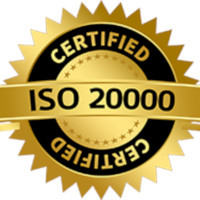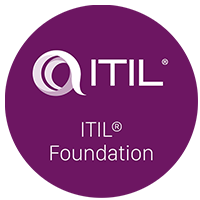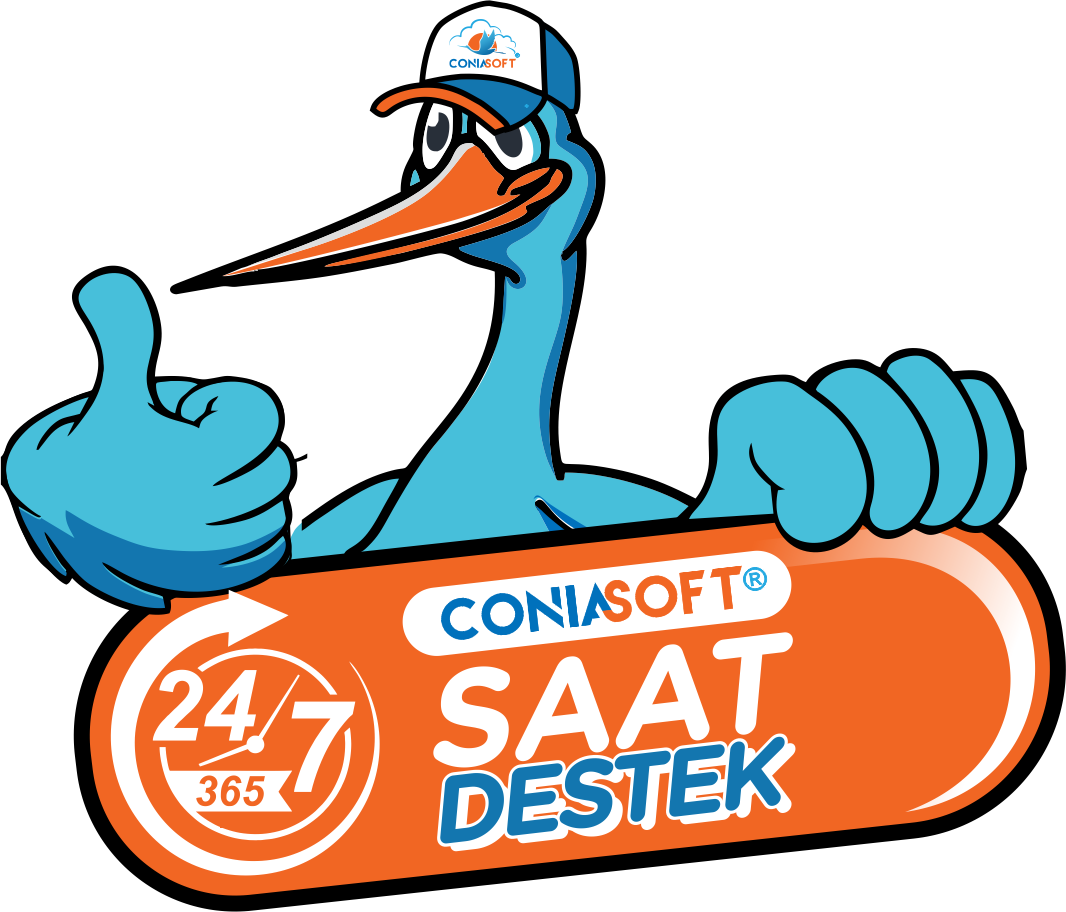The landscape of software development is a dynamic and ever-evolving realm, where the technologies and methodologies that are groundbreaking today may become standard practice by tomorrow. As we approach 2025, it’s increasingly evident that while fundamental programming skills are undeniably important, the most sought-after developers are those who can wield a diverse array of both technical and “power” skills with finesse.
In this fast-paced environment, adaptability and versatility are key. Moreover, soft skills—such as problem-solving, teamwork, and effective communication—are becoming equally vital.
Here’s a closer examination of some of the most in-demand software development skills poised to distinguish you in the years ahead:
The Technical Titans: Languages and Paradigms
In the ever-evolving realm of programming, while certain languages may wax and wane in popularity, an unwavering understanding of foundational programming concepts coupled with versatility across various languages remains essential for any aspiring developer.
- Python: Currently reigning as the dominant force in programming, Python’s remarkable versatility makes it an indispensable tool in a developer’s arsenal. With its user-friendly syntax and extensive library support, Python excels in a myriad of applications—from artificial intelligence and machine learning, utilizing frameworks such as TensorFlow and PyTorch, to web development with robust frameworks like Django and Flask. Additionally, its prowess in data science, evidenced by powerful libraries like Pandas and NumPy, keeps it firmly at the forefront of modern programming.
- JavaScript (and TypeScript): Often hailed as the undisputed king of web development, JavaScript continues to power the interactive web with its dynamic capabilities. The rich ecosystem surrounding JavaScript, which includes popular frameworks like React, Angular, and Node.js, makes it indispensable for both front-end and full-stack development. Enhancing JavaScript’s capabilities, TypeScript—a superset that introduces static typing—provides developers with the tools to create more robust and scalable applications, catering to the intricate demands of today’s software development landscape.
- Java: A steadfast pillar for enterprise-level applications, Java maintains its status as a powerhouse due to its stability, scalability, and comprehensive ecosystem. Renowned for its ability to handle large-scale systems reliably, Java also serves as the foundation for Android app development, allowing for the creation of high-performance mobile applications.
- Cloud Computing (AWS, Azure, GCP): In today’s tech landscape, cloud computing is no longer a luxury but a fundamental necessity. Mastery of cloud platforms such as Amazon Web Services (AWS), Microsoft Azure, and Google Cloud Platform (GCP) is critical for developers. This includes grasping essential concepts such as serverless computing, containerization technologies (like Docker and Kubernetes), and Infrastructure as Code (IaC) tools such as Terraform, which facilitate efficient and scalable deployment.
- Data Structures and Algorithms (DSA): Data structures and algorithms are the bedrock upon which efficient and scalable code is built. A comprehensive understanding of DSA is not merely advantageous; it is a vital requirement for tackling complex challenges and is often the crux of technical interviews.
- DevOps and CI/CD: The capacity to streamline both the development and deployment processes is crucial in today’s fast-paced environment. Proficiency in DevOps methodologies alongside Continuous Integration and Continuous Deployment (CI/CD) practices—utilizing tools like Jenkins and GitHub Actions—ensures that software can be released faster and with enhanced reliability.
The Emerging Powerhouses: Riding the Waves of Innovation
As technology progresses, several new sectors are emerging with explosive growth and a pressing demand for specialized skills.
- Artificial Intelligence (AI) and Machine Learning (ML): AI is revolutionizing industries across the globe. Developers who possess expertise in machine learning frameworks like TensorFlow and PyTorch, along with a profound understanding of AI models and the integration of AI-driven solutions, are in high demand. Knowledge of generative AI and prompt engineering further distinguishes these professionals in the competitive landscape.
- Cybersecurity: With the rising tide of cyber threats, a security-conscious approach is paramount. Developers must cultivate a “security-first” mindset, becoming familiar with secure coding practices, awareness of common vulnerabilities as outlined by the OWASP Top 10, and principles of data protection to safeguard applications effectively.
- Data Engineering: As data continues to be hailed as the new oil, mastering the art of building and managing robust data pipelines is of utmost importance. Skills in handling large datasets, familiarity with databases (both SQL and NoSQL), and proficiency with tools like Apache Spark are highly sought after in this data-driven era.
- Mobile Development (Native and Cross-Platform): The mobile-first landscape is thriving, creating a demand for expertise in both native development (using Swift for iOS and Kotlin for Android) and cross-platform frameworks such as React Native and Flutter, which allow for the creation of applications that cater to multiple operating systems.
- UI/UX Design Principles: Although traditionally not considered core developer skills, an understanding of User Interface (UI) and User Experience (UX) design principles is becoming increasingly crucial. Developers who can contribute to crafting user-friendly, aesthetically pleasing applications gain a significant advantage in a competitive marketplace.
The Indispensable Soft Skills: Beyond the Code Editor
In a collaborative and fast-paced environment, soft skills hold equal weight alongside technical expertise.
- Problem-Solving and Critical Thinking: At the heart of software development lies the challenge of solving complex problems. The capacity to dissect issues, analyze them critically, and devise effective solutions is invaluable in this field.
- Communication and Collaboration: Software development seldom occurs in isolation. Strong communication skills—both written and verbal—are vital for effective teamwork, articulating technical concepts clearly, and collaborating with non-technical stakeholders, fostering a cohesive work environment.
- Adaptability and Continuous Learning: Given the rapid evolution of technology, developers who are adaptable, willing to embrace new ideas, and committed to continual learning will not only remain relevant but also thrive in their careers.
- System Design: As applications grow more intricate and distributed, the ability to design scalable, resilient, and efficient system architectures becomes a highly coveted skill, particularly for seasoned developers aiming to tackle complex challenges in large systems.
By focusing on a strong foundation in core technical skills, embracing emerging technologies and honing essential soft skills, developers can position themselves for a successful and impactful career in the years to come.


















